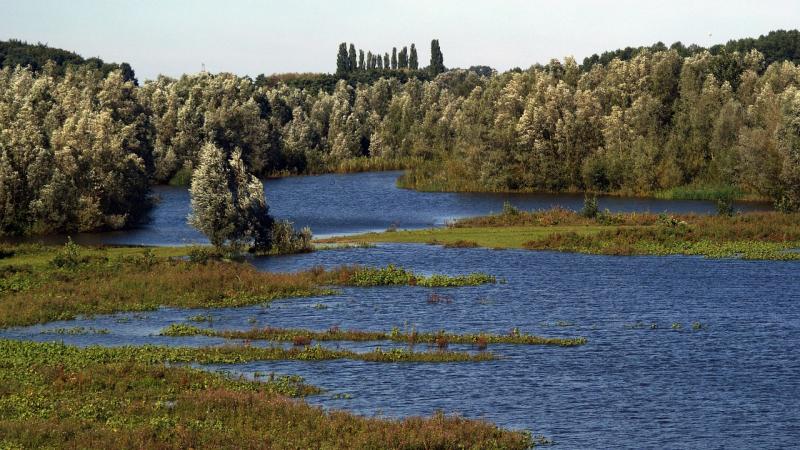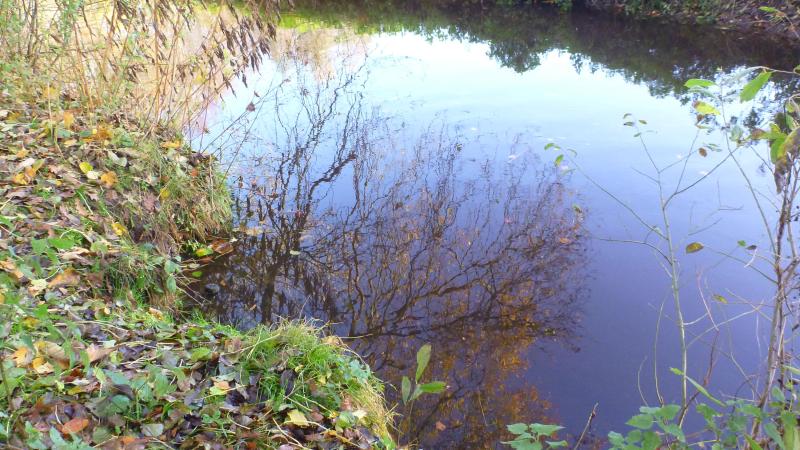
The river Lech in Tirol, Austria. I Photo: Pixabay
Doris Düthmann, together with colleagues from the Vienna University of Technology, investigated why a hydrological model failed to correctly predict the observed runoff changes over the last 35 years in response to changes in precipitation and air temperature. The team developed various hypotheses on the possible causes of the model's deviations and tested them using simulations with modifications of the model. The researchers show that the model errors were largely caused by neglecting changes in vegetation dynamics and problems in the precipitation data. The shortcomings in the model structure with regard to vegetation dynamics are relevant to a large number of studies on the effects of climate change – the role of plants has so far not been sufficiently taken into account in many models of the landscape water balance.
"With this study we wanted to close a gap. So far, analyses of the causes of such model errors have rarely been the subject of research. Our approach in this study can serve as a template to evaluate and improve the hydrological models used for climate impact analyses", summarizes Doris Düthmann.
Read the article open access in Hydrology and Earth System Sciences >





